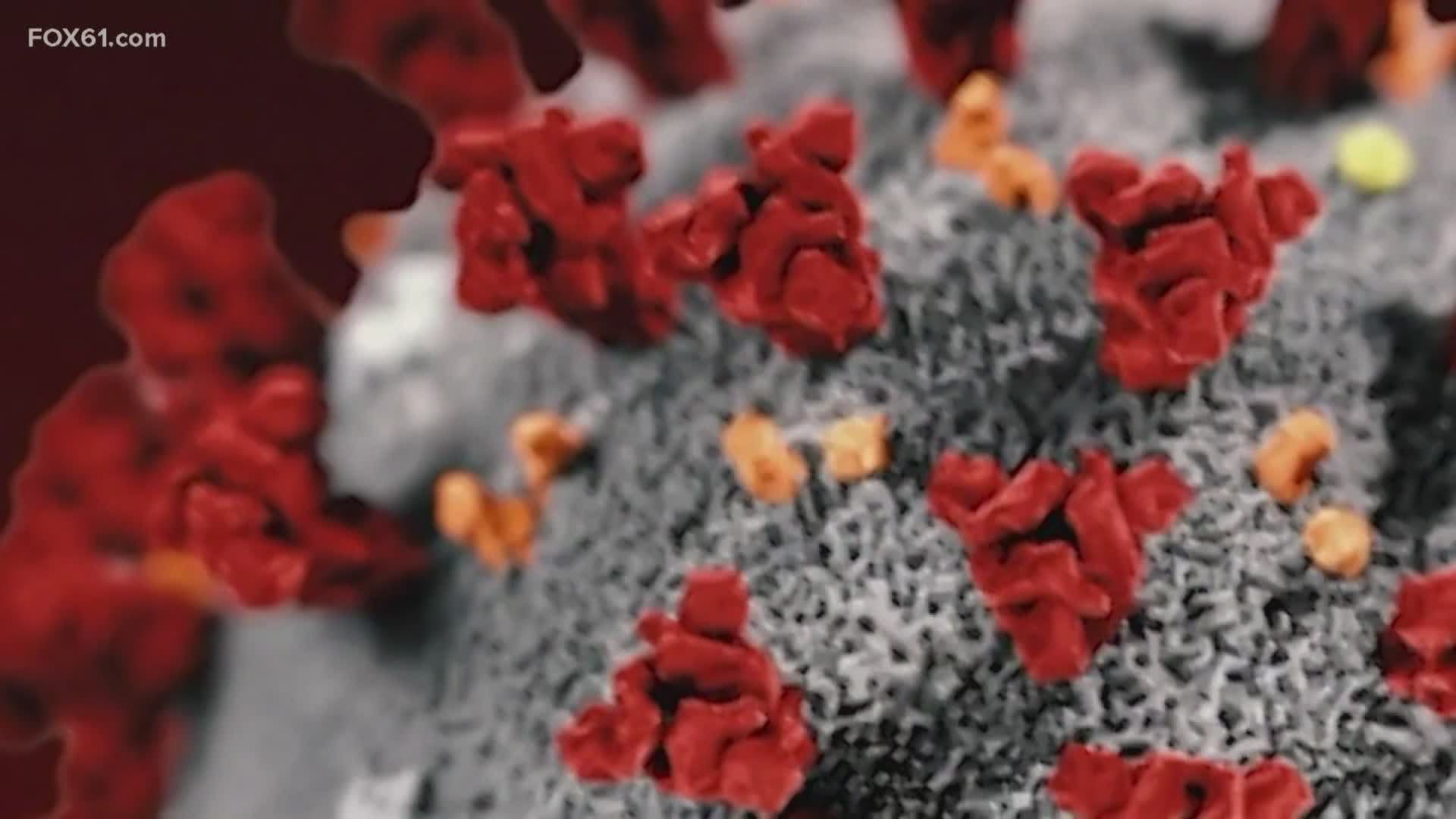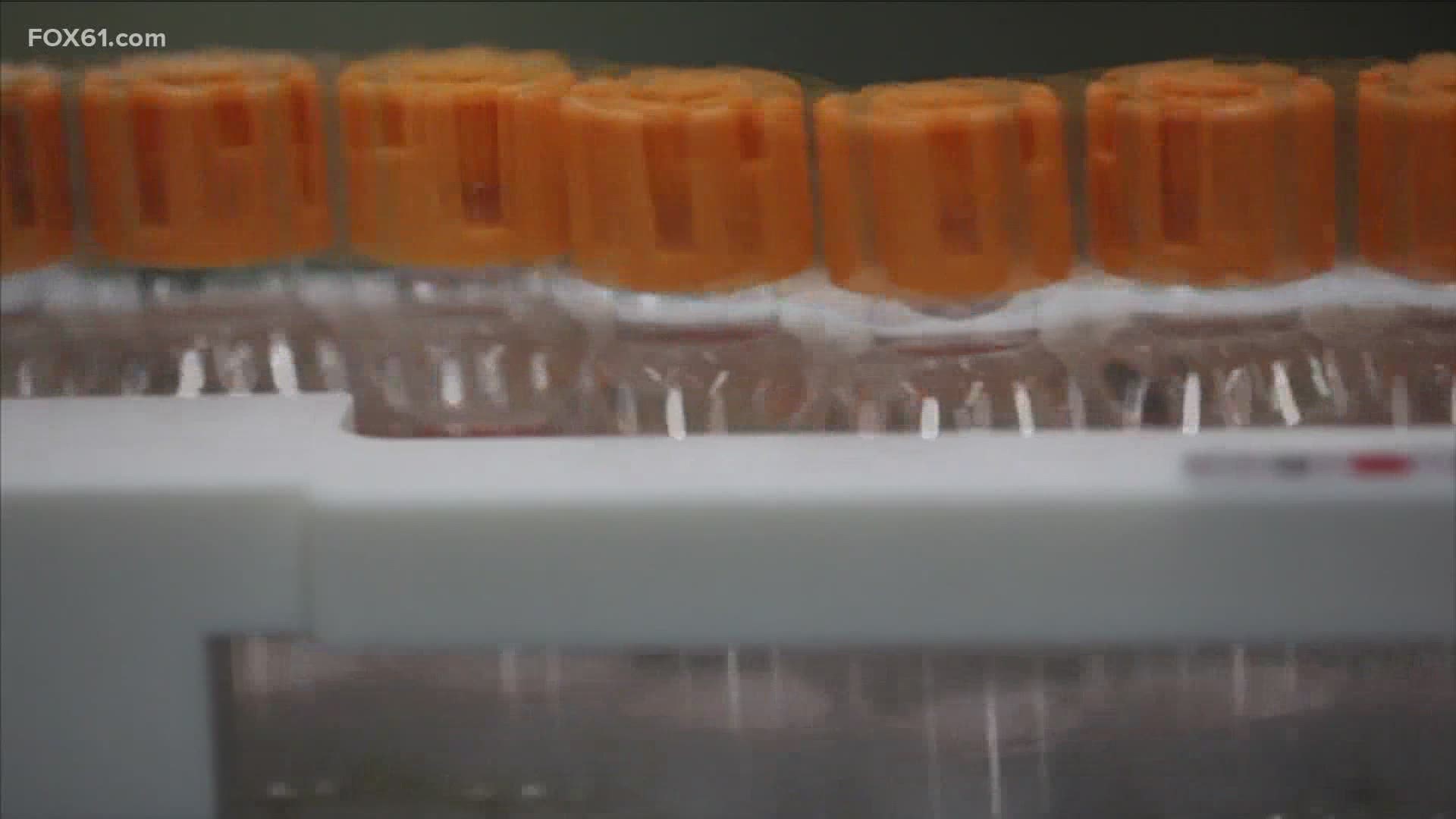NEW HAVEN, Conn. — Several weeks ago, Pfizer, in Groton, announced they were about to proceed to late-stage trials in the development of a COVID-19 vaccine. And Monday, a major partner joined the pharmaceutical giant in the critical phase 3 clinical trials.
Yale-New Haven Hospital and the Yale School of Medicine, with expertise in clinical trials, through the Yale Center for Clinical Investigation, said they could begin administering the trial vaccine this week. But, they acknowledged, this is a very different type of trial.
"Usually, for other vaccines, probably because they haven’t been as lethal or brought epidemics as has occurred with COVID, we’ve had months to years to go through a vaccine trial," said Dr. Onyema E. Ogbuagu, an infectious diseases specialist for Yale Medicine.
According to Yale, prior to COVID-19, the fastest development of a vaccine was an inoculation against the mumps, which took four years. Pfizer is hoping this phase 3 trials will lead to FDA approval of a COVID-19 vaccine by perhaps the first of the year.
"We know from phase 1 and phase 2 the vaccine produces antibodies," said Dr. Thomas Balcezak, Chief Clinical Officer, Yale-New Haven Health. "Now, the question is, can it prevent the disease? And that’s what this phase 3 trial is intended to show."
YCCI needs more volunteers, especially racial and ethnic minorities, which COVID-19 has disproportionately impacted.
"With blacks having at least a 3 1/2 times more likelihood of dying, compared to whites and then for, you know, Latinx individuals or Hispanic individuals, about a two times increased risk," said Ogbuagu.
For more than 10 years, Yale has partnered with leaders of minority communities to recruit trial participants by sharing the message of safety in vaccines.
"There’s already information about 1/3 of Americans, who would be hesitant to receive a COVID vaccine if it were available," Ogbuagu added.
30,000 individuals will be part of this phase 3 Pfizer trial. Half will receive a placebo injection. The rest get the vaccine.
You can sign up to participate at www.YaleStudies.org.
"We’re hoping to help contribute to the science and help contribute to the stomping out this pandemic," said Balcezak.
All participants must be healthy, willing to comply with scheduled visits, over a two year period, and be between the ages of 18 and 85 years.


